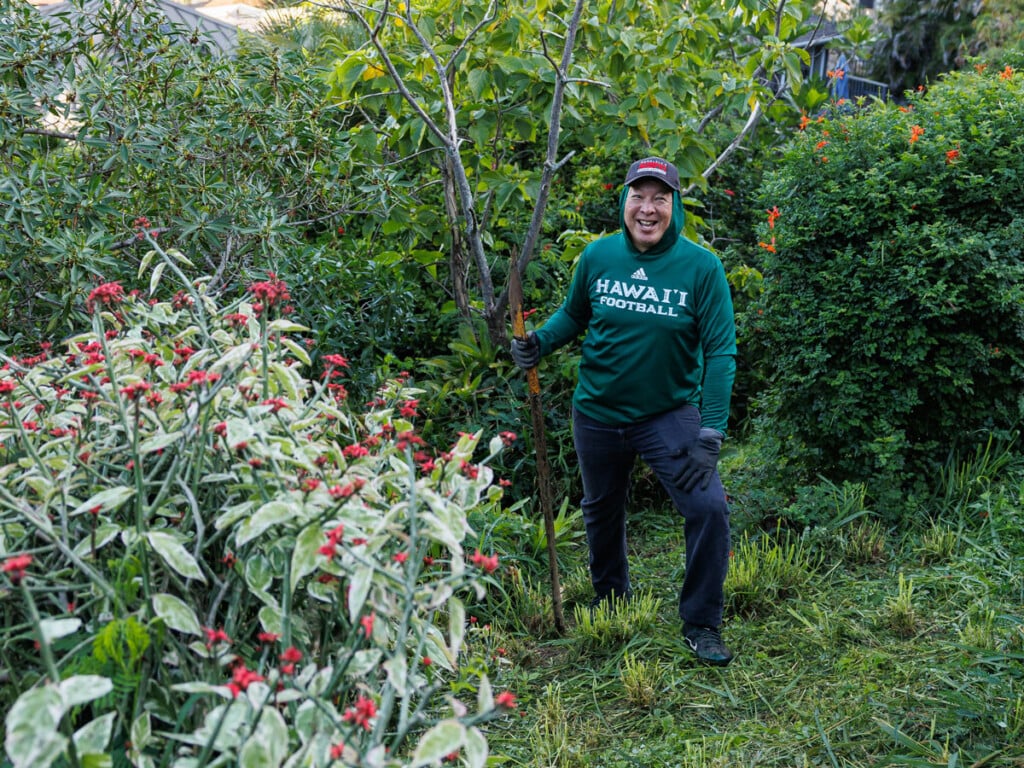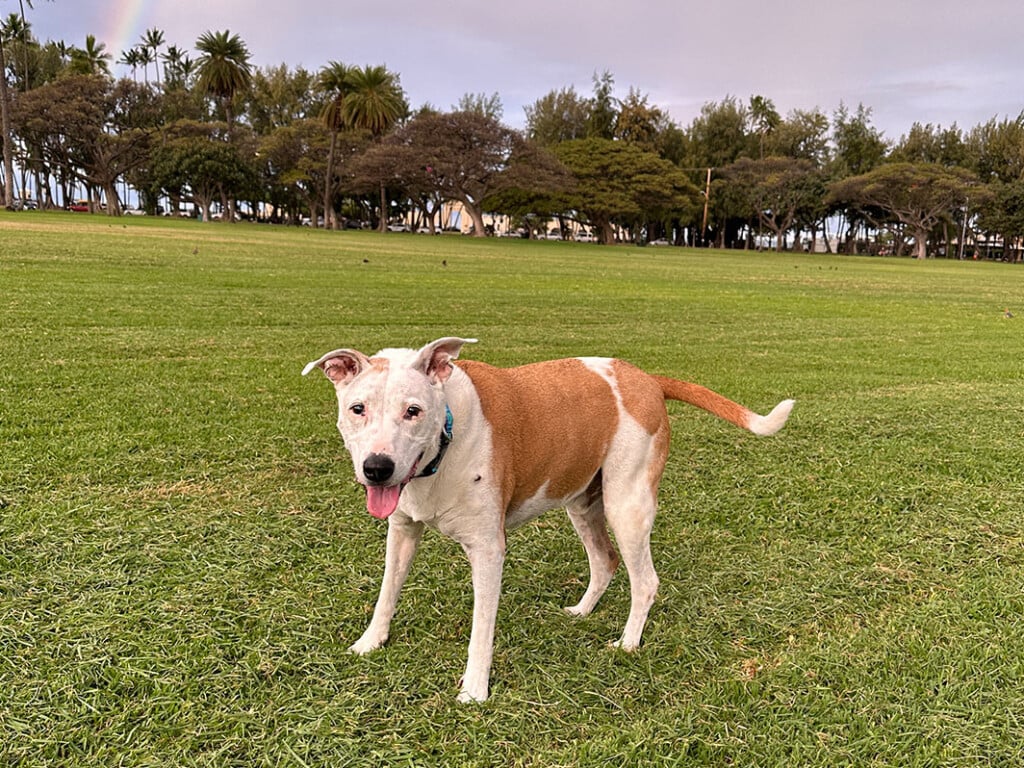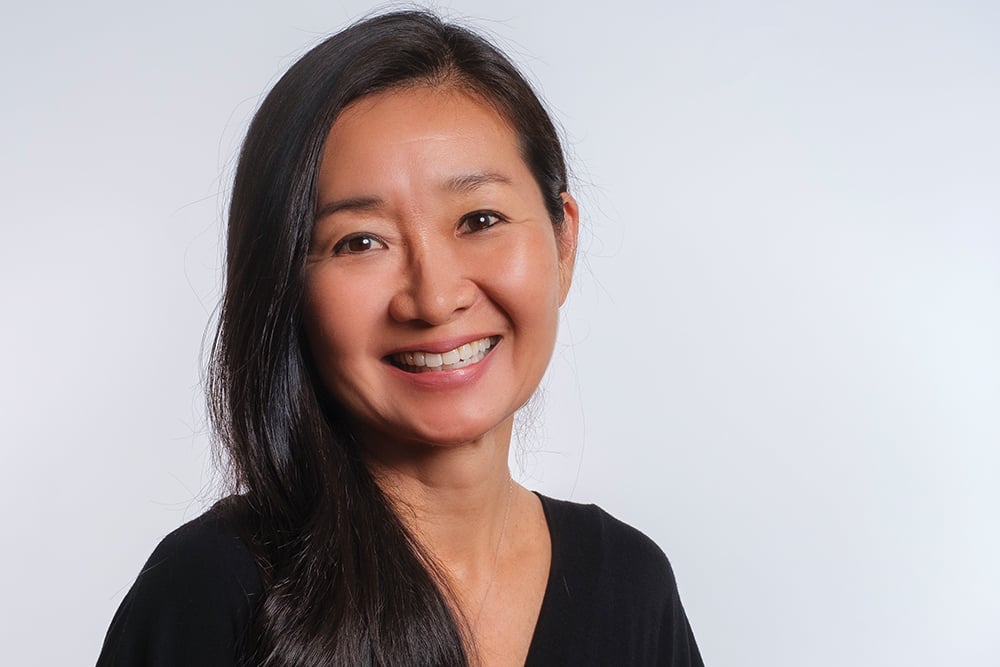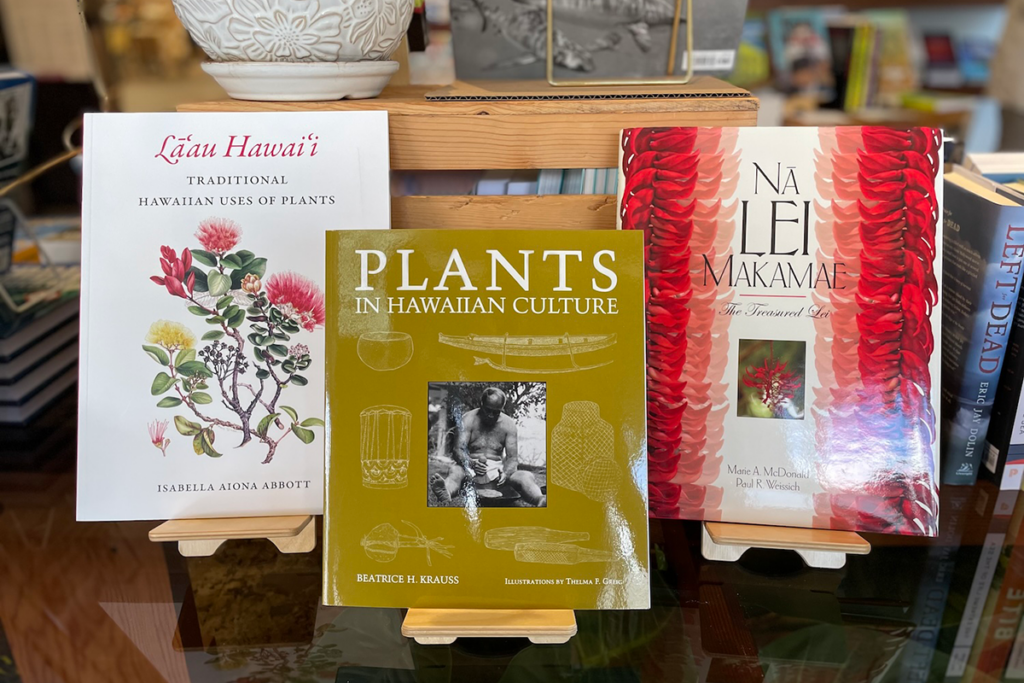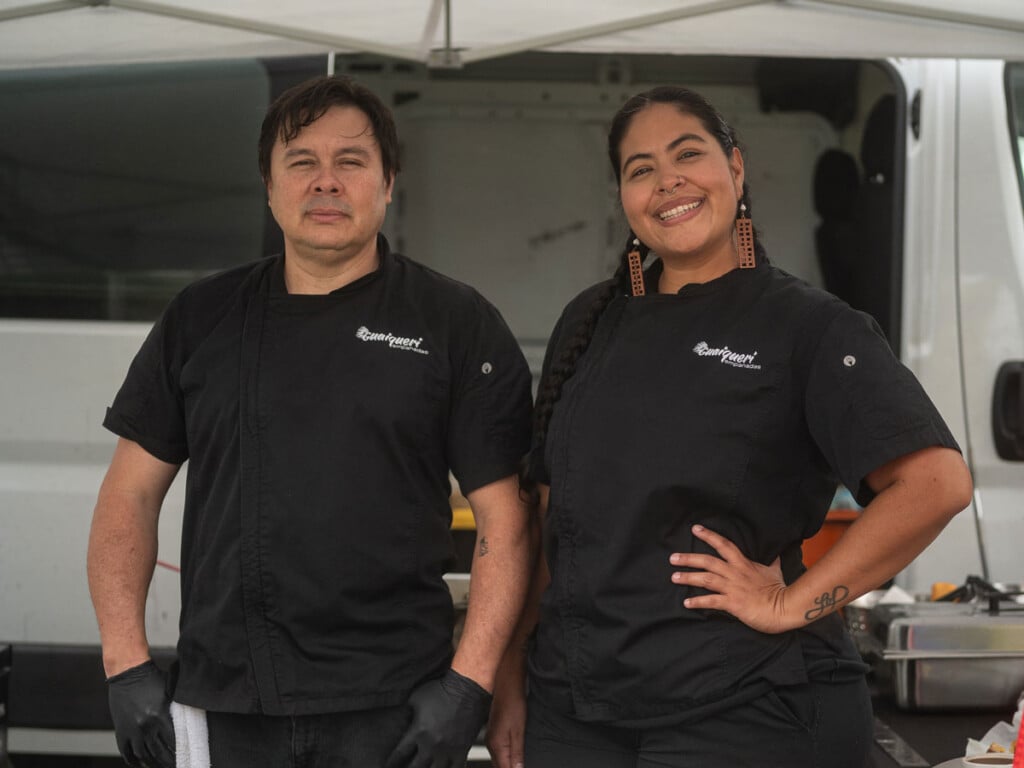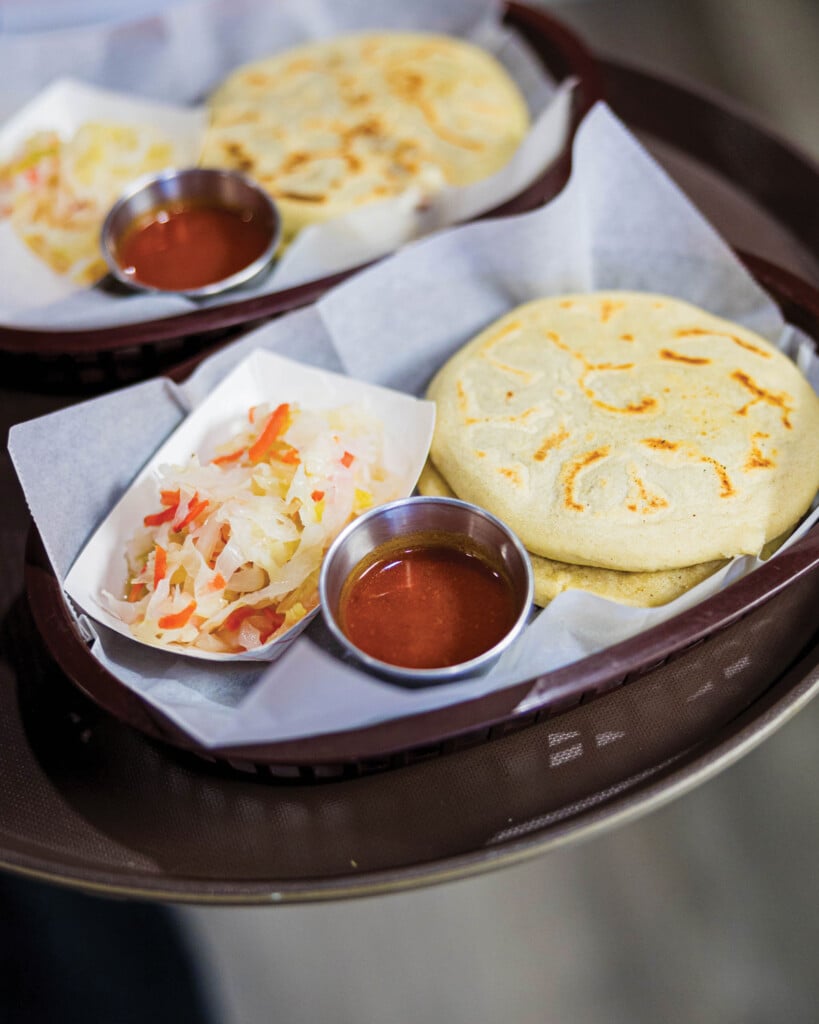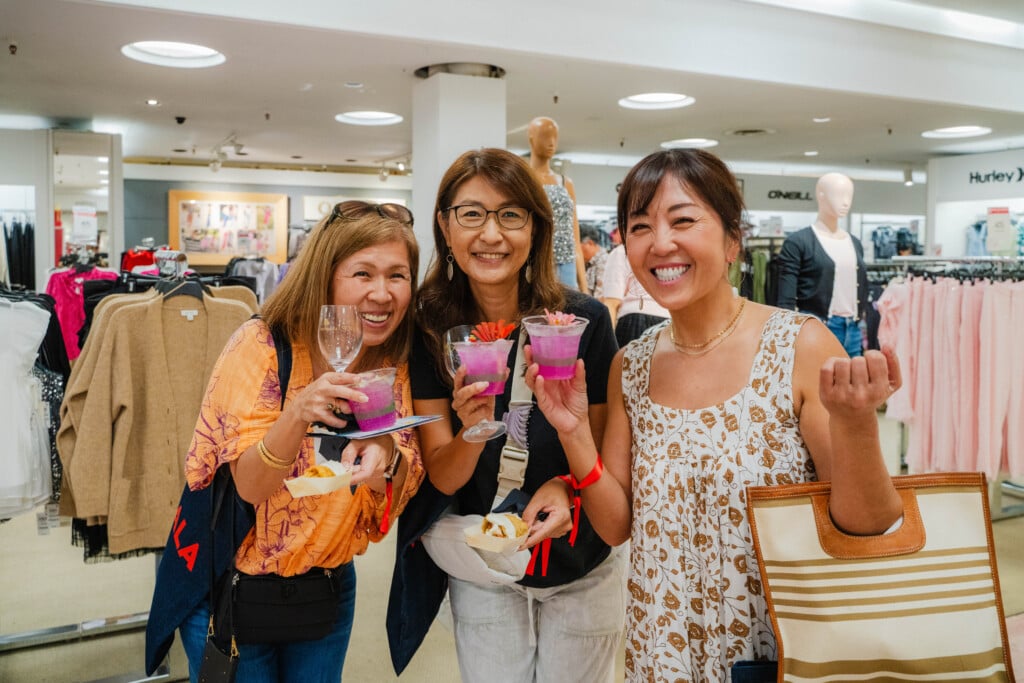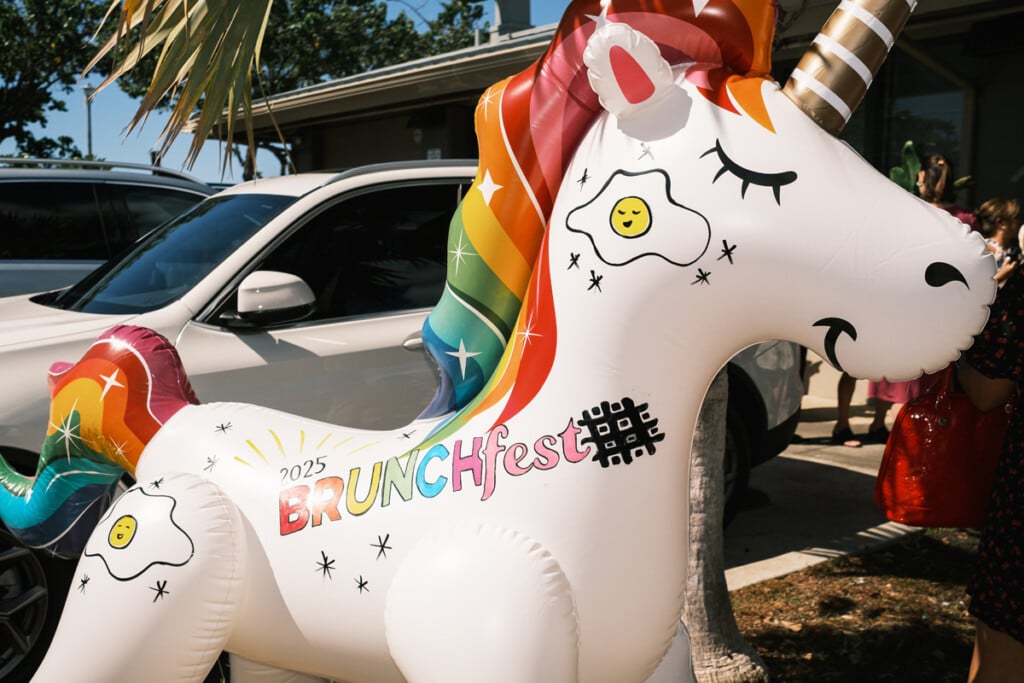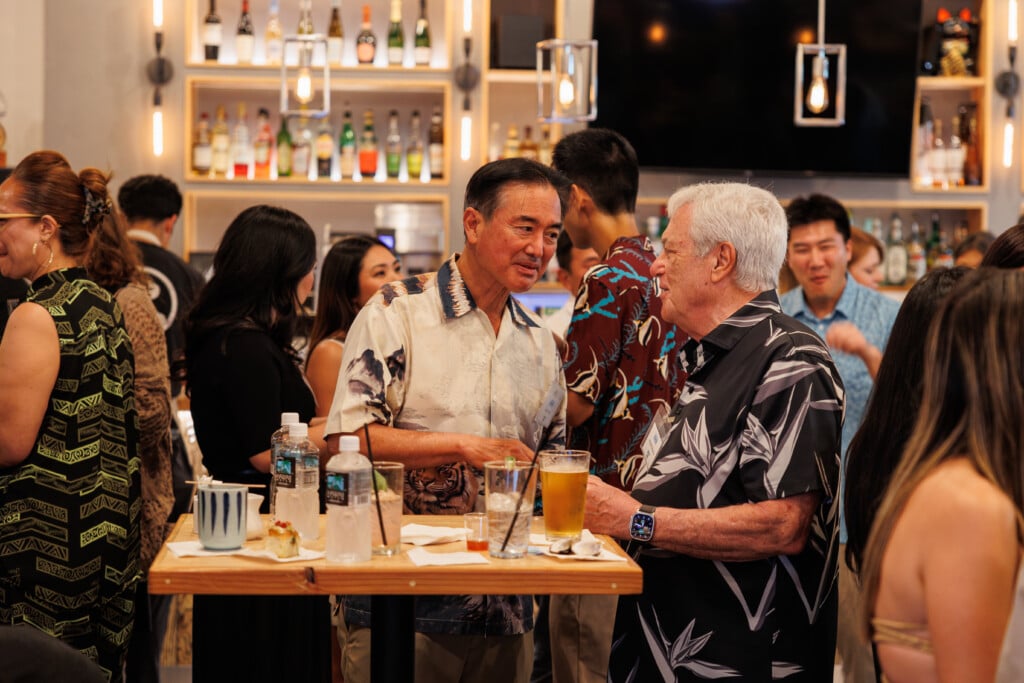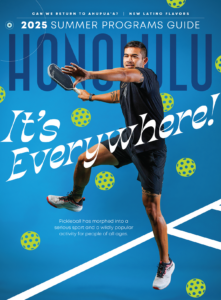Not What It Seems
The only way to understand anyone or anything is to learn more.
A takeaway from this issue: Things are not as they seem. It’s a phrase frequently iterated, and so true.
We often assume things about people, circumstances, pretty much everything, then grip these views as truths. I’m constantly reminded, however, that assumptions are just that.

Photo: Aaron K. Yoshino
This was the case with Sheldon Nagata (see story). I’ve known Sheldon for years—he works at ESPN Honolulu, HONOLULU’s sister company—and I’ve always thought of him as a friendly sales guy who lives and breathes UH sports.
We found ourselves standing next to each other (a bit awkwardly, I must admit) at a work party. We started chitchatting, the kind of small talk you do when big bosses are around and you’re on your best behavior. He asked me how I spend my free time—doing yoga—then he casually mentioned his hobby—gardening. Intrigued, I started asking questions. What did he grow? How did he start? Soon, I learned his was no ordinary garden. Over the years, Sheldon had cultivated a tropical forest bursting with trees, plants, flowers. What began as a chore to spruce up his weed-choked yard turned into a calling that connected him to his son, nature and higher forces.
When I visited the garden later, I was stunned. I never would have pegged Sheldon as a nature lover with an eye for art, someone who would show me his home’s windows, then explain how he intentionally planted greenery so each window’s view would appear as a painting showcasing nature’s beauty. To be honest, it was surreal to engage in such a richly nuanced conversation with someone who I knew but obviously didn’t really know.
As I drove home that day, I vowed to stop assuming things about people. Everyone has a deep internal life whether they publicly show that side of themselves or not. How people look and act at a cursory glance rarely reveals what’s happening inside. At this stage of life, I don’t need more acquaintances or surface friendships. I don’t want shallow exchanges, either. I’m aiming for meaningful connections and conversations.
It’s important to remain a learner, never assuming we know enough about anything. Through our work, my colleagues and I have this opportunity every day.
For this issue’s cover story, executive editor Katrina Valcourt tackled the pickleball craze. Although she had already been taking lessons, I could tell she was growing more enthusiastic about the subject the deeper she went into her reporting. “I didn’t realize how serious—and lucrative—a sport pickleball can be,” she says. “It’s not just a game, but something that has taken players all over the world and created opportunities beyond what I ever would’ve imagined from something that just seemed like a pandemic pastime.”
And for a feature, I wrote on a movement to resurrect Hawai‘i’s traditional ahupua‘a system, I started with only a rudimentary understanding of ahupua‘a, drawing from what I learned in school several decades ago. To learn more, I spent two days at the East-West Center in January, engrossed in discussions among some of the Islands’ most respected Native Hawaiian leaders. By being a fly on the wall, I gained a far richer understanding not just about ahupua‘a, but about Hawai‘i, our history and what we’re up against today.
What I’m getting at is how important it is to keep learning, understanding, seeking—never assuming we know enough with superficial knowledge. Things are often not as they appear and it’s always worth the effort to discover more. This issue, like all issues, gave us opportunities to do just that.
